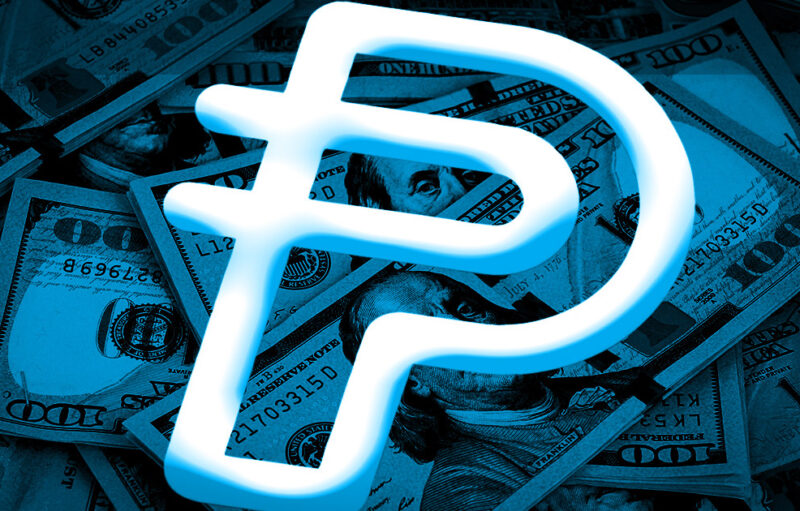
The supreme court hearing on Crypto vs RBI resumed on August 21 with RBI’s counsel, Shyam Divan, reading the IMC report pointing out the disadvantages of Crypto.
During the course of arguments, the judge interrupts and asks how you are concerned with consumer protection, it is not your concern. It is Govt. concern and not yours.
Further, the counsel briefed about the suitability of ban with the example of China.
The infamous Crypto banning bill was referred to by the counsel which criminalizes the act of dealing with Crypto. Also highlighted the 27 Nov 2017 meeting which mentions deliberations going on between relevant authorities even prior to April 6 circular. Meaning thereby the authorities were watchful of the situation even prior to banking ban.
Various portions of IMC report were being read to prove that RBI decision is based on well substantiated research.
Meanwhile, the judge asks for various reports mentioned in the IMC report which the Govt. claims as confidential. Consequently the Judge immediately calls Solicitor General.
Justice Nariman directs Solicitor General to submit page 85 of IMC report mentions certain papers in Para 8 and also the earlier Inter disciplinary report by tomorrow in compilation with a copy to each party.
The counsel came to FATF report. Divan highlighted various advantages of Crypto laid down in FATF. but finally concludes that its ability to be used for cross border payments is something which can potentially undermine monetary policy.
Also explained the risks difficulty part of the FATF document. The counsel elaborates with an Example of Silk Road online black market for selling illegal drugs, is being taken to prove the potential risks of Crypto currency to be used in illicit activities.
Further, the RBI counsel requested the judges to read the counter affidavit filed in response to the IAMAI petition. Divan pointed out that the page 59 and 60 of the counter affidavit talked about the incidents of hacking that happened with various exchanges worldwide and publications regarding these incidents. Following that, the counsel read the Finance Ministry’s reply to the petition.
While reading out IAMAI petition in court, the RBI counsel said that the figures (number of users, revenue etc.) mentioned on page 7 of IAMAI petition is sizable enough to alarm the regulator to take action although its overall size is negligible. After perusing through the petition, the RBI counsel moved to relevant statutes/ legislation.
A document containing discussion before the enactment of Payment and Settlement Systems Act (PSS), was being read. The document read, “This document mentions the necessity and concerns of enacting payment and settlement systems Act 2007. Unauthorized alternate of payments were one of the concerns.”
The judge pointed out that payment means that it has to be through legal tender always. Seconding that, the RBI counsel said cryptocurrency is an alternative to that. Justice Nariman interrupted and said that it was not RBI’s case that exchanges are covered by PSS Act so this is immaterial. Counsel answered that prima facie they were not, but there is potential threat to undermine monetary policy. Corroborating the RBI’s stance, the counsel said that the central bank, in fact, had the right to issue guidelines and formulate policies.
The counsel read out Section 36 (1) (a) of the Banking Regulation Act and stated that it covered the scope of banking ban circular and RBI was well empowered to do it (pass the banking ban). Following this, the court dispersed for lunch.
The post appeared first on Coinpedia






